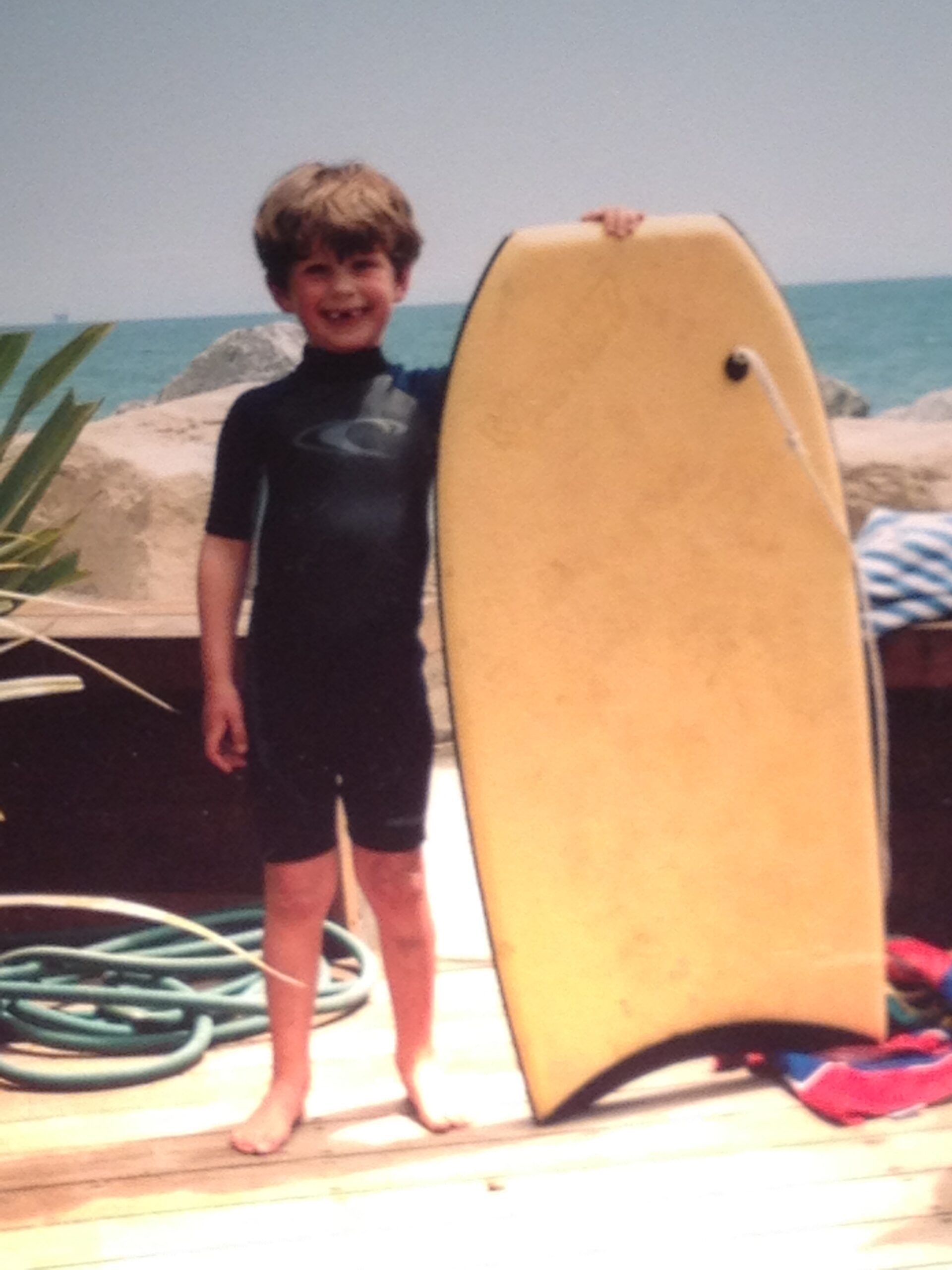About
founders
Richard and Christianne Dimitri
Richard and Christianne Dimitri created the John Dimitri Research Foundation For Congenital Heart Disease to honor their son, John “Jack” Dimitri, born with Hypoplastic-left-heart Syndrome (HLHS). They are dedicated to their hope, that by funding the critical, promising CHD research and promoting awareness of CHDs, there will be advancements in the staged palliative treatment and one day be a world in which everyone born with a congenital heart defect has the chance to live a long, healthy life, and eventually, CHDs will be eradicated altogether.

about jack
John Dimitri October 27, 1997 – August 7, 2017
Beloved Jack, nineteen year old son of Richard and Christianne Dimitri, died August 7, 2017. Doctors were never able to explain why Jack was born with a rare congenital heart defect, Hypoplastic-left-heart Syndrome (HLHS), why it was complicated by Protein-losing Enteropathy (PLE). Son, grandson, cousin, nephew, friend, Jack’s life may have started with, “He was born with a congenital heart defect”, yet he refused to let the disease define him. Facing countless challenges, with great fortitude, Jack pursued the things he loved, with his beautiful smile, never allowing his friends and loved ones to see how tired he was from the shattering effects of the disease.
donate nowwhat we do
our mission
The John Dimitri Research Foundation For Congenital Heart Disease is a nonprofit 501(c) (3) organization dedicated to promoting awareness and funding promising research to advance the diagnosis, treatment, and prevention of congenital heart defects (CHDs).
Our Experience As Parents Of A Child Born With A Critical Heart Defect
The parents of a child born with a heart defect are devastated by the fear of the unknown, fear of the diagnosis, and then hearing “there is no known cure yet”, only a palliative treatment plan. Our son, Jack, was diagnosed in the hours after birth, at Cedars-Sinai Los Angeles; he was that 1 in 100th baby born with a heart defect. Rare and critical, Hypo-plastic left heart Syndrome (HLHS) meant the left side of his heart was severely underdeveloped and couldn’t function properly - and if not treated surgically and as soon as possible, he wouldn't survive. And if treated, he might survive for a time. We knew he had a chance and we lived our lives around that hope, knowing our child will require life-long care. We shepherded him through 19 years of a traumatic world of endless appointments, doctor’s visits, tests, surgeries, machines, tubes, needles, and medications. I haven’t mentioned the side effects, the daily challenges both physical and mental of the complex interplay between medical, surgical, nutritional, and social factors for our child and for us. And yet, there is hope through research.
